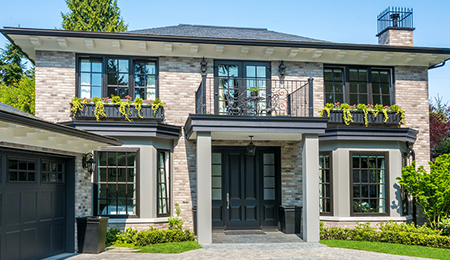Last time, my guest Bree and I discussed multiple-offer situations and what constitutes a “highest and best” offer. Lately, Bree has been hearing the term “escalator clause,” and today she had a few choice questions to ask me about what they are and why both homebuyers and sellers should know about them.
So what is an escalator clause?
An escalator clause is a clause in a particular contract that is meant to help guarantee that the buyer using it has the highest offer. Essentially, the clause states that the buyer will pay a certain amount above the highest offer the seller receives. For example, you could write an escalator clause that says you’ll pay, say, $1,000 more than the bidder with the highest offer, up to a certain point.
These are often done in markets like ours, where inventory is in short supply. This usually means that there will be multiple offers on any given property; the escalator clause helps to give a buyer a competitive edge against other buyers.
“The escalator clause helps to give a buyer a competitive edge against other buyers.”
What are your options if a competitor exceeds your price cap?
You could make yours a backup offer. Suppose the seller of the home you’re bidding on decides to accept another offer. In this case, you could ask the seller to keep your offer in mind as a backup in case their deal with the first buyer falls through. Anything can happen, and if that deal falls through, then you’ll be right there to pick up the contract with the seller. The listing agent wouldn’t have to relist the home on the market, and you’d get the home you desire.
If you have any questions about escalator clauses or anything else to do with real estate, don’t hesitate to reach out to me. I’d love to hear from you.



